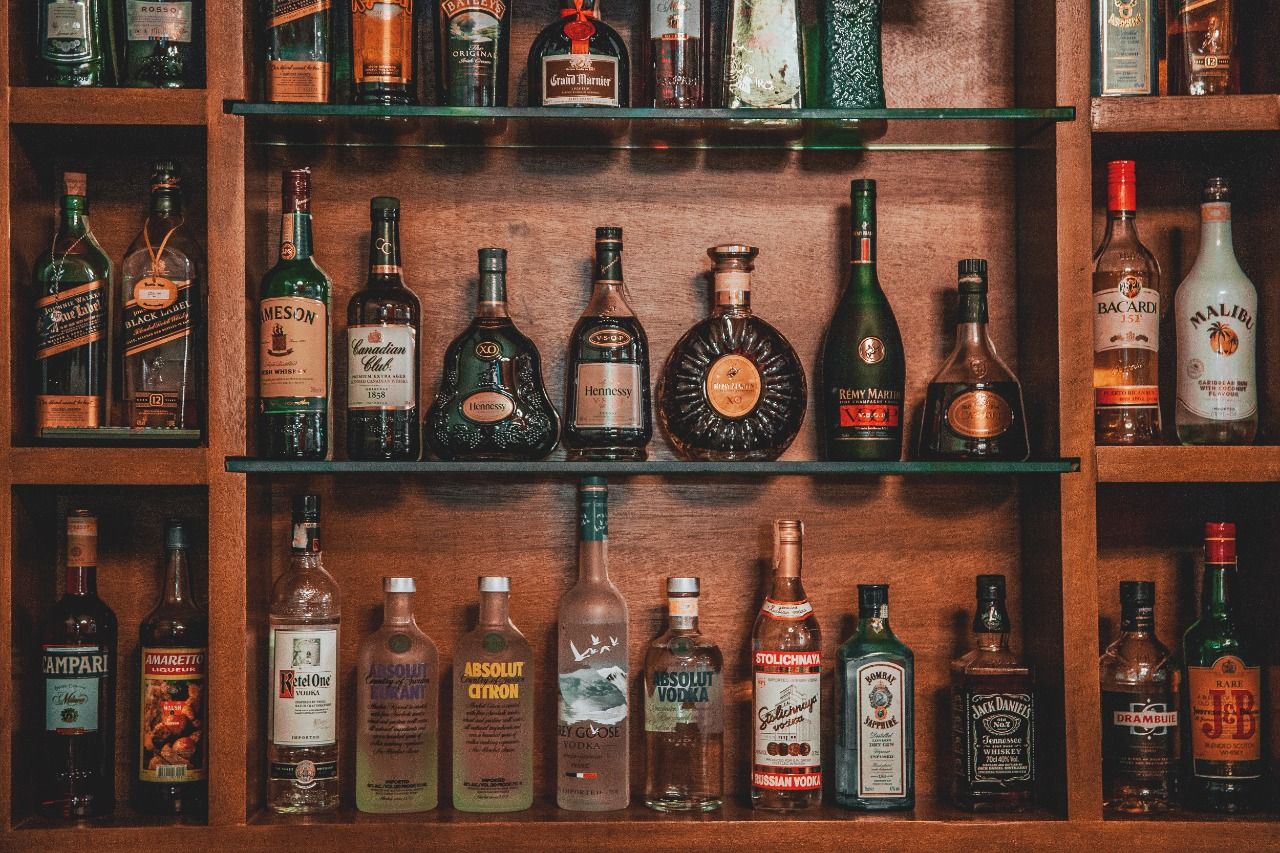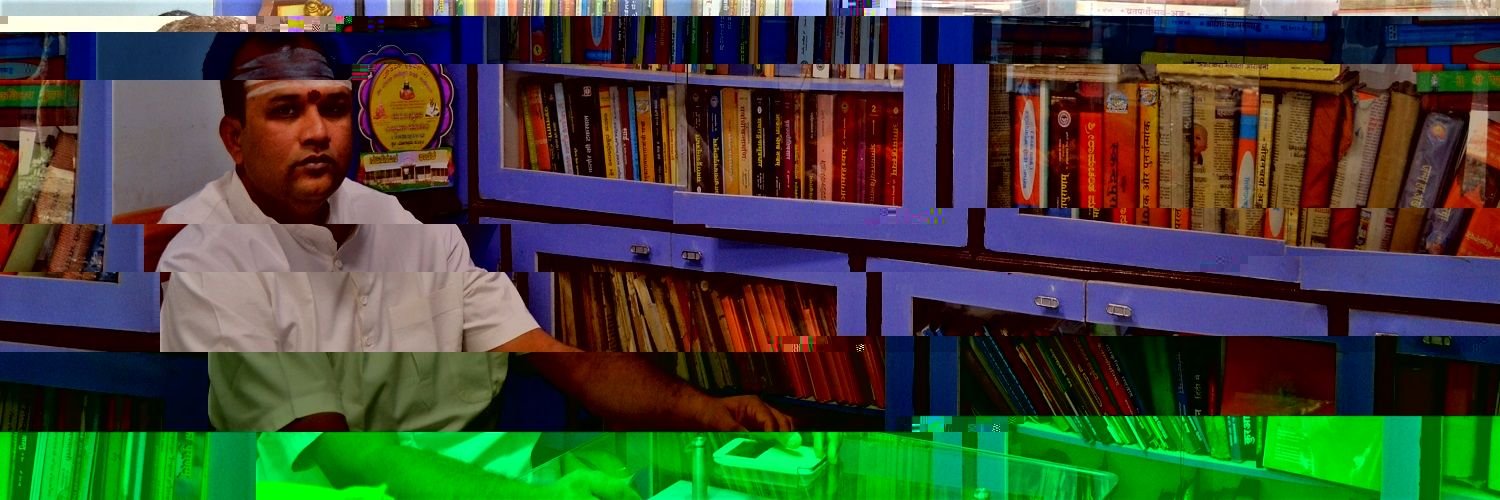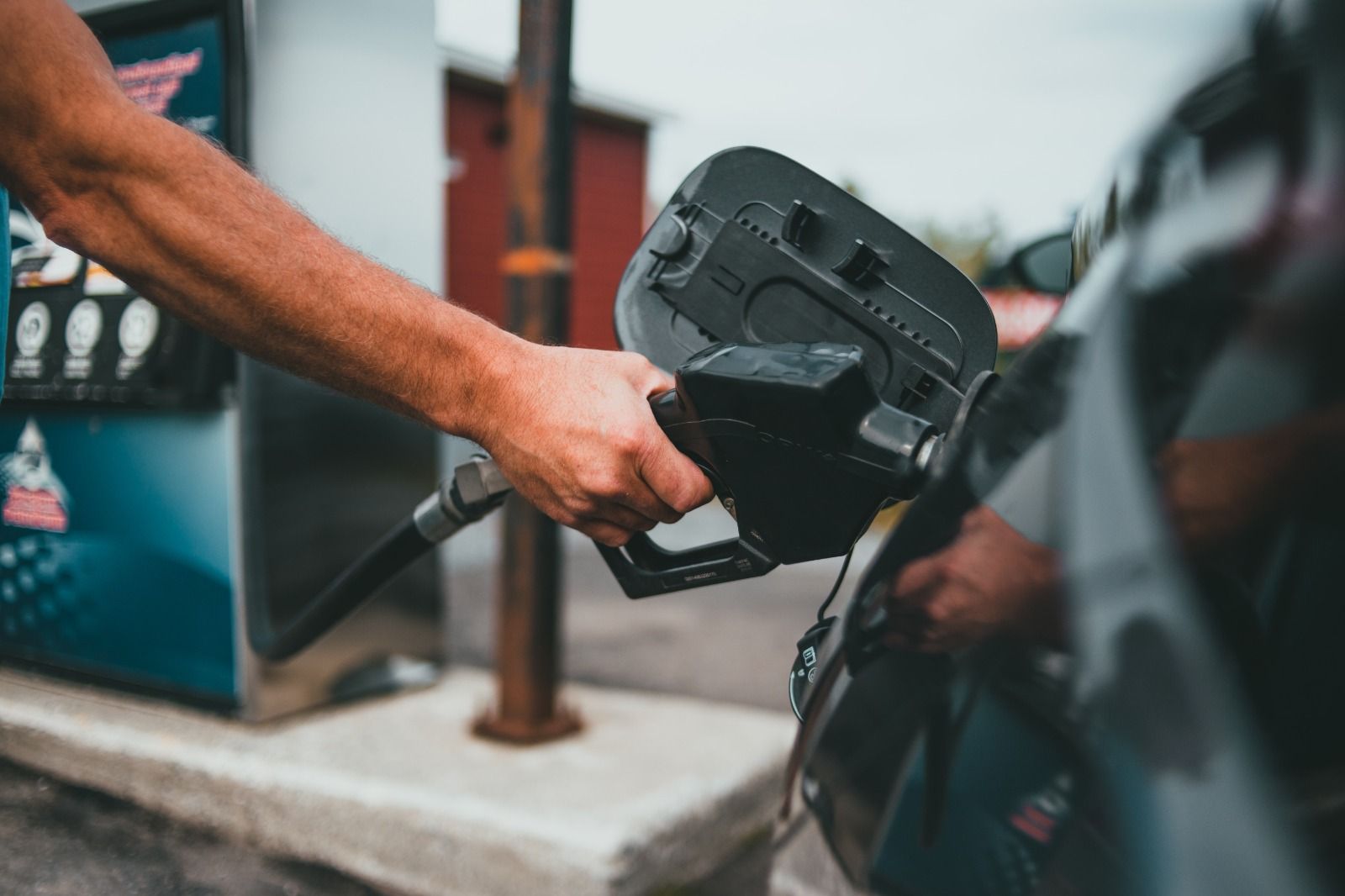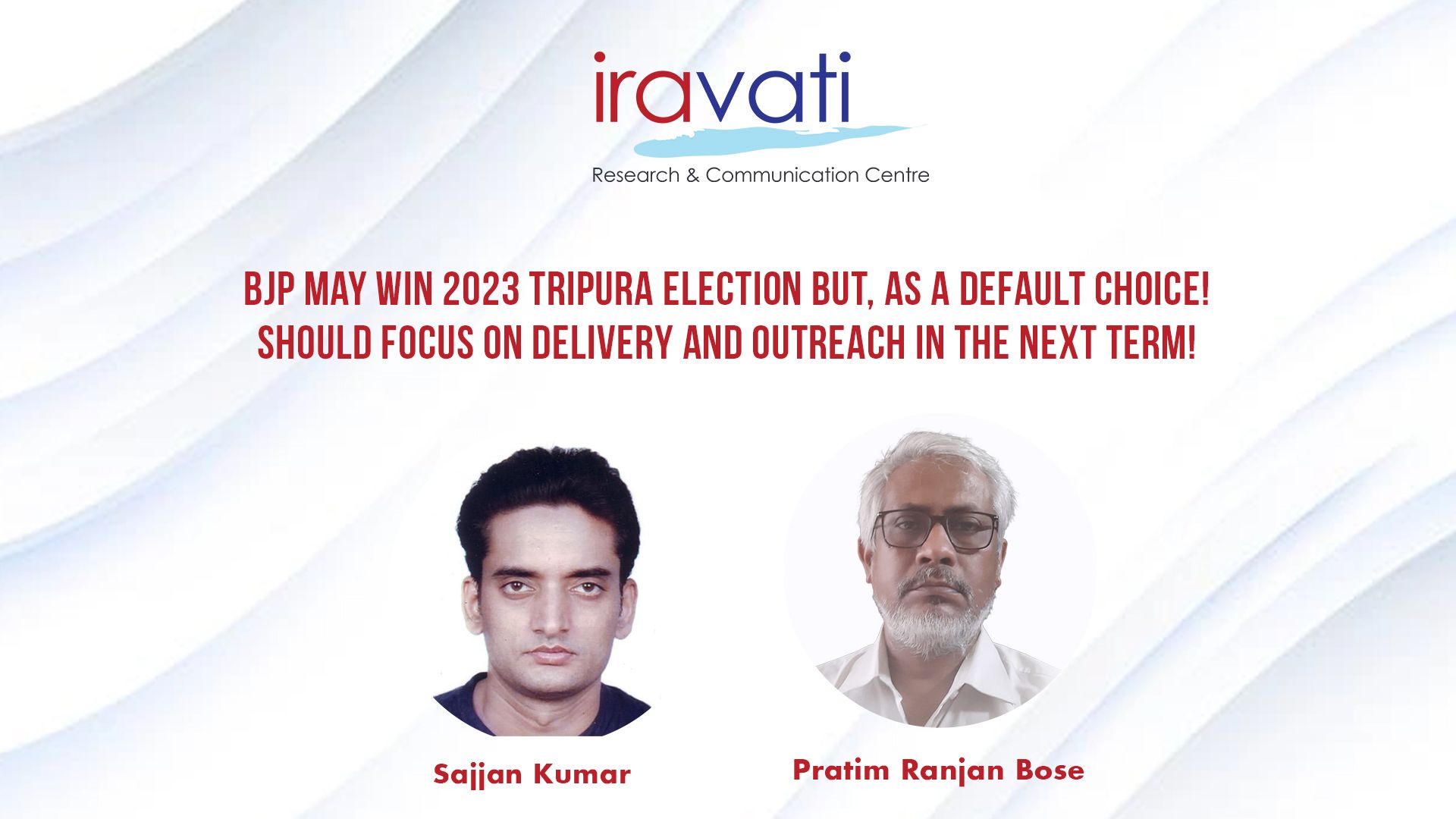Better taxation policy can make alcobev into a bigger growth contributor
Subhajit Poddar
Post On > Nov 8 2021 3030

In terms of size, India’s Alcoholic beverage or alcobev industry is the third-largest (after China and Russia) in the world. It is one of the largest sources of revenue for the country, particularly for States. Better policy emphasis can convert it into a major vehicle for growth attracting investments and earning export revenue.
Growing market
Alcobev contains different segments and there are wide variations in estimated market size. According to Indian Council for Research on International Economic Relations (ICRIER) India is one of the fastest-growing alcoholic beverage markets globally, with an estimated size of $52.5 billion (about Rs 3.9 lakh crore) and the market is expected to grow at a CAGR (compound annual growth rate) of 6.8 percent till 2023.
India’s spirit (also known as hard liquor or distilled alcohol) sector -- which includes whiskey, brandy, rum and vodka -- is estimated to reach 2.92 trillion rupees or $41 billion (at current exchange) by 2022, according to Euromonitor International.
In comparison, the beer market is relatively small, largely due to taxation issues. According to BlueWeave Consulting, the size of India’s beer industry reached $4.34 billion in 2020. The market is expected to reach $9.36 billion by 2027 and is projected to grow at a CAGR of 12 percent during the forecast period.
Overall, the alcobev market is expected to grow by at least 10 percent a year in India. The rising affluence of the middle class, changing lifestyle, dilution of social taboos and low age-mix of the population are major drivers.
The growing acceptability and changing social norms have significantly boosted the growth of the alcohol beverage industry in recent years. Rapid urbanisation and upward mobility of the population is helping boost the sales of India Made Foreign Liquor (IMFL).
Taxation challenges
Governments across the globe tax liquor and related products while they also control and regulate sales. Owing to the local licensing fees and a range of state controls on the trade of liquor, the consumers often end up paying four or five times more than the price at a distillery.
In India, the 29 states and seven union territories follow different principles when it comes to taxing and regulating liquor.
The states through their excise policies control the entire supply chain of alcoholic beverages, from manufacturing and distribution to registration and retail. Liquor hasn’t been brought under the purview of Goods and Services Tax (GST) yet, and attracts other taxes that contribute to its rising prices; they are Excise Duty and VAT (Value Added Tax).
The primary reason for not bringing this industry under the purview of GST is to ensure that the State Governments continue to have a strong inflow of their own revenue. That is over and above its share in GST which is imposed on other sectors. It’s estimated that taxes on liquor and beer fetch the state governments nearly INR 90,000 crores annually while prices are kept high to limit consumption.
Such a taxation policy is not free from its challenges. States are undoubtedly keen to optimise the scope of revenue generation from alcohol, which is possible only if the industry is allowed to grow. At the same time, they do not want to be politically incorrect, to be seen as promoting liquor. Any such image may impact their electoral fortunes. To put it there is an inherent conflict of interests in deciding tax on alcobev.
To put it straight, the States suffer from an inherent contradiction while deciding tax on liquor. One arm of it wants to keep taxes within acceptable limits. The other arm wants to take political mileage by increasing taxes to a level detrimental to the growth of the industry.
Imported alcobev
The taxation policy on alcobev has international ramifications.
In India, states can levy their duties on imported alcohol. States such as Punjab, Maharashtra, Karnataka and Tamil Nadu levy high taxes and additional special fees on imported foreign liquor, as well as liquor produced in other states to protect local manufacturers from the competition and to generate state revenue.
The European Union has repeatedly raised concerns over the wide variations in pricing policies, taxation and regulations across Indian states, with particular focus on the heterogeneous structure for alcoholic beverages.
In the past, the alcobev industry has not been forthcoming in sharing with the government what the road ahead should be and why. Hence asking for free pricing or absolute taxation on alcohol for promoting more accessibility has been a common demand for quite some time. The industry has been advocating the need for more retail shops for better and safe access and the need to permit home deliveries/e-commerce.
In the changing scenario, there is an urgent need for alcobev industry players to come forward with evidence-based, process-driven engagement with all stakeholders, which includes policymakers.
At a time when we talk about Atmanirbhar Bharat, Ease of Doing Business, there is an urgent need to address the taxation mechanism of alcobev, which needs to be evidence-based, data-driven and transparent for manufacturing companies to do business with ease.
Ease of doing business
Alcobev is open to investments in India. Many states give subsidies for local manufacturing and the industry generated 15 lakhs plus jobs. It is just one step in simplifying the taxation process which can do wonders in terms of more investments, more revenue and employment generation.
According to ICRIER, the government should focus on phased reduction tariffs and other duties. Indian companies should be encouraged to export. Duty reduction for intermediate products can enhance value addition in India and boost domestic manufacturing potential.
This can help India in bringing in more investments into the sector, encourage innovation, improve ease of doing business, increase domestic manufacturing capabilities, generate employment and enhance exports.
Therefore, a simplified policy on taxation is the key to improving the Ease of Doing Business for the alcobev industry, which will ensure its growth contributing to India’s GDP in the days to come.
*Subhajit Poddar is an expert on business and industry. He is based in Guwahati. Views are personal.
** Photo by John Hernandez on Unsplash

123
2025-07-27 20:33:14

asd
2025-07-27 20:31:39

Northeast Energy Scenario Part-1: Paradigm shift in petroproduct availability and consumption
2023-03-28 16:22:05

Consolidation of 'indigenous' votes aligned Tripura's political landscape with the rest of the northeast.
2023-02-16 08:51:53

Why Kolkata doesn’t have a Unicorn ?
2023-01-28 09:53:57

Social media literacy should be mandatory in UG curriculum
2022-11-30 12:00:53
